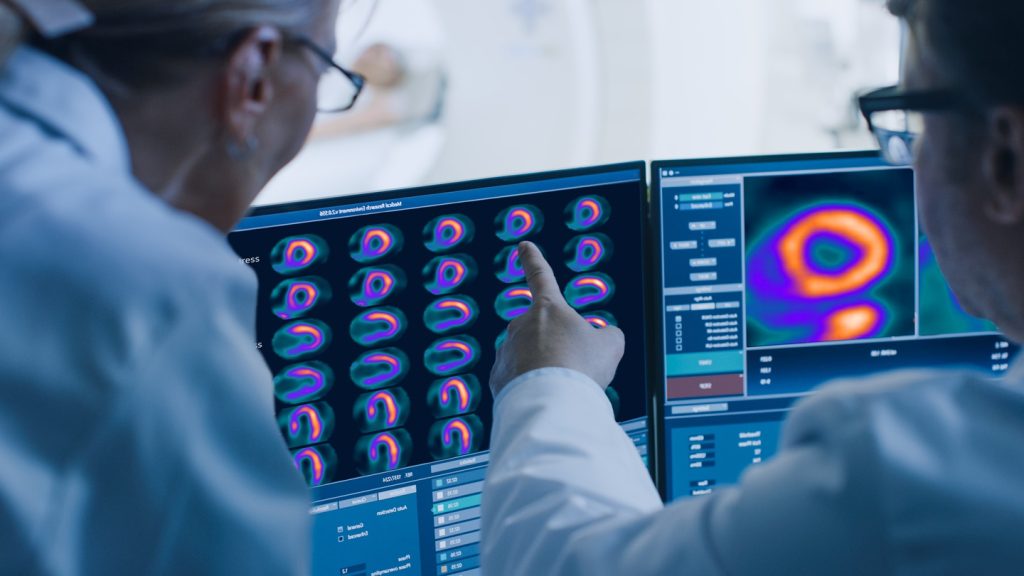Silicon Valley-based firm Mendaera has secured $73m to advance its handheld needle-based robot technology into areas of surgery such as biopsies, organ and vascular access, and pain management interventions.
While robotics have improved productivity in other industries, they’ve mostly been used in specialised surgeries in healthcare, said Mendaera in the statement accompanying the funding. To address this, the company is developing a new robotic platform that integrates artificial intelligence (AI), real-time imaging, and virtual connectivity to assist with everyday medical procedures.
Mendaera’s CEO Josh DeFonzo said: “Traditional surgical robots have established footing in the operating room, but robotics and AI have evolved to a point where we can deliver broader benefits across all parts of the healthcare system and enable higher standards of care for more patients.”
The company’s series B round was led by Threshold Ventures, and included backing from Lux Capital, PFM Health Sciences and Frederic Moll, founder of Intuitive Surgical and Auris Health.
California-based Mendaera was founded in 2020 and closed a $24m Series A funding round in 2023. Earlier this year, Mendaera announced that it had acquired the telepresence technology of Avail Medsystems to add virtual connectivity to its portfolio. In 2023, the company signed a commercial agreement with the point-of-care ultrasound company Butterfly Network.
“We believe that our technology will allow healthcare systems and providers to provision medical procedures at scale – enhancing patient experience, increasing access to high-quality care, reducing overall cost, and improving healthcare provider satisfaction,” said DeFonzo.
The market for surgical robots was worth approximately $7.2bn in 2023 and it is expected to have a compound annual growth rate (CAGR) of 15.7%, according to GlobalData analysis. Growth in the market is being driven by the incorporation of newer technologies such as AI and 5G.
In April 2024, Medical Microinstruments (MMI) secured clearance from the US Food and Drug Administration (FDA) for its Symani Surgical System. The system enables surgeons to perform microsurgery and super-microsurgery by replicating human hand movements on a tiny scale.
















